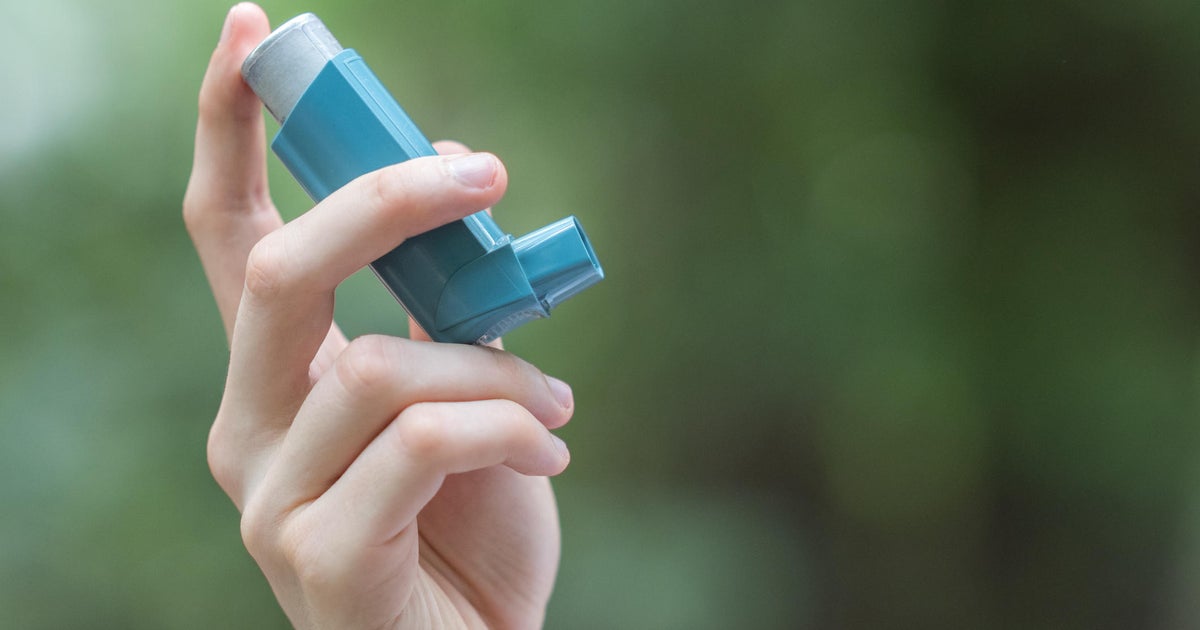Inhalers that provide fast-acting treatment for people with certain respiratory conditions are contributing to greenhouse gas emissions, which can worsen both climate change and the conditions themselves, according to new research.
Published Monday in the *Journal of the American Medical Association*, the study found that inhalers approved for asthma and chronic obstructive pulmonary disease (COPD) generated an estimated 24.9 million metric tons of carbon dioxide equivalent emissions in the United States from 2014 to 2024. This amount is equivalent to the emissions of about 530,000 gas-powered cars each year.
“Scaled across tens of millions of inhalers dispensed annually, these emissions drive global warming, exacerbating the very respiratory conditions inhalers are meant to relieve,” authors of a supplemental editorial note wrote.
Asthma and chronic lung disease affect millions of Americans. According to the Asthma and Allergy Foundation of America, 28 million Americans have asthma, and 34 million live with chronic lung disease. These cases are expected to increase as climate change worsens air pollution, which in turn raises the risk and severity of respiratory symptoms.
Researchers identified metered-dose inhalers—the boot-shaped treatment devices many people picture—as the most harmful to the environment. These inhalers accounted for 98% of emissions over the decade-long period. However, it’s not the medication itself causing the issue.
The problem lies in the hydrofluoroalkane propellants contained in these inhalers. Hydrofluoroalkanes are potent greenhouse gases widely used in products like aerosol sprays, which significantly contribute to the carbon footprint.
“Inhalers add to the growing carbon footprint of the US healthcare system, putting many patients with chronic respiratory disease at risk,” said lead author Dr. William Feldman, a pulmonologist and health services researcher at the David Geffen School of Medicine at UCLA, in a news release. “On the upside, there is tremendous opportunity to make changes that protect both patients and the planet by utilizing lower-emission alternatives.”
The study also found that other types of inhalers, such as dry powder inhalers and soft mist inhalers, are less harmful to the environment. These devices deliver medication to the lungs without the need for propellants, offering a greener alternative for patients and healthcare systems alike.
https://www.cbsnews.com/news/inhalers-produce-carbon-emissions-study/

Be First to Comment